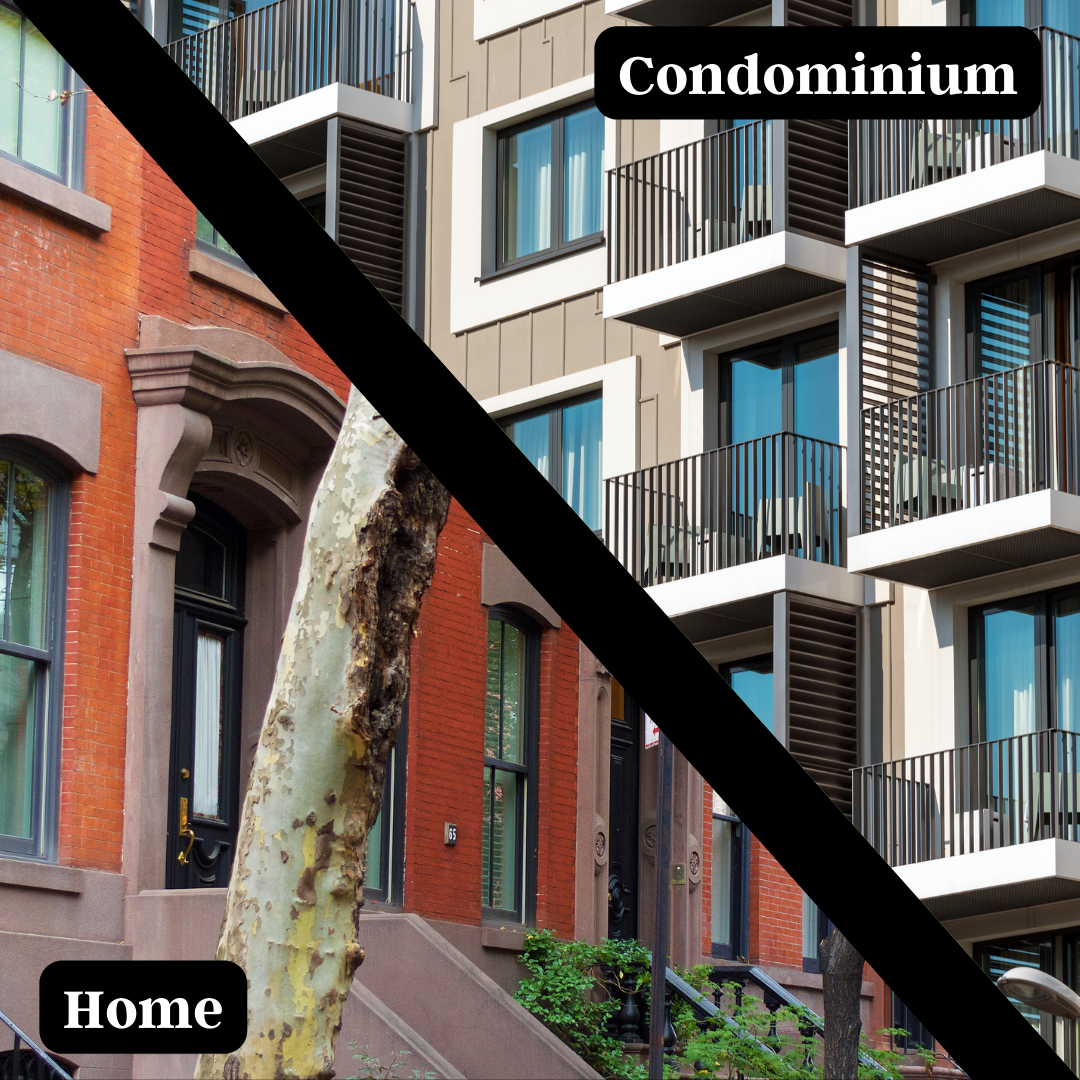How to Deal With Squatters in Pennsylvania & Maryland
Squatters can be a problem for any homeowner and while we wish that no one ever has to deal with squatters it's still important to know their rights, your rights, and the right ways to deal with the process of getting them out. Below we will outline how to do this specifically in Pennsylvania and Maryland.

What is Squatting & What are Squatters?
Squatting is the action of occupying an unoccupied area or building that the individual does not own or have any legal permission to occupy. Therefore, a squatter is a person who unlawfully occupies an uninhabited building or unused land. A squatter can almost be any individual that fits the above criteria, however, depending on who they are and their circumstances they could have rights that allow them to stay at the property.
Definitions
Adverse possession - a doctrine under which a person in possession of land owned by someone else may acquire valid title to it, so long as certain requirements are met, and the adverse possessor is in possession for a sufficient period of time, as defined by a statute of limitations.
Color of Title - refers to irregular ownership of a property and the absence of one or more legal documents from the claimant. Color of Title does not affect how long a person has had continuous possession; however, it can help a person prevail in court against an opposing claim.
Wrongful Detainer - the action used to evict houseguests, family members, friends, and/or squatters that refuse to leave a property after being asked.
Ejectment - name of a process issued by a party claiming land or other real estate, against one who is alleged to be unlawfully in possession of it.
How to Prevent Squatters
The best way to avoid directly dealing with squatters at your property is by taking active measures to ensure that they are unable to occupy it in the first place. The following is a list of some of the things you can do as an owner:
- Visit the property on a regular basis
- Install a security system as soon as your property becomes vacant
- Put up "No Trespassing" or "Private Property" signs around the property
- Make sure windows and doors have secure locks
- Serve a written notice to the squatter as soon as you are notified by their presence
- Offer them to sign a rental agreement to avoid having to go through an
ejectment or
wrongful detainer
Squatters Rights in Pennsylvania & Maryland
- Continuous Occupation - A squatter must stay for a certain continuous duration of time to be eligible to file an adverse possession claim. In Pennsylvania, a squatter will need to have occupied the property for at least 21 years (20 years in Maryland) to file a claim. This entire period must also be uninterrupted. The squatter must not have abandoned the property during those 21 years. Even leaving for a week can render their adverse possession claim null and void.
- Actual Possession - The squatter must have a physical presence on the property. In addition, they must also treat the property as if they were the actual owner. The squatter can establish actual possession by documenting certain efforts including performing regular maintenance, cleaning up the property, and making beautification efforts.
- Open & Notorious - The squatter must also make their occupation obvious to anyone including neighbors and even the actual property owner. If a squatter tries to hide their occupation of the property, their adverse possession claim would fail.
- Exclusive Possession - The squatter seeking to own the property through adverse means must also prove ‘exclusive possession’. Exclusive possession means that they must be the only occupants of the property.
- Hostile Claim - Simple Occupation – This defines ‘hostile’ as mere property occupation. The squatter occupying the property may or may not know who the land belongs to. Awareness of Trespassing – According to this definition, the squatter is assumed to know that their actions amount to trespassing. In other words, they must know that they don’t have a legal right to occupy the property. Good Faith Mistake – Only a handful of states follow this definition. Here, the trespasser is assumed to have made a good faith mistake by occupying the property. The deed in their possession may in this case be invalid or incorrect without them knowing it.
How to Remove Squatters in Pennsylvania & Maryland
In Pennsylvania the process of getting out squatters is called an ejectment while in Maryland it is called wrongful detainer. Even though the names are different the process is essentially the same for both states. In total it takes around $3,500 to file this claim but the whole process can cost anywhere from $3,000 - $10,000 (depending on the costs of the following requirements. A hearing would only occur if the squatters contest the claim that you file. They would need to be able to show proof of everything outlined in the "Squatters Rights" section to be able to present a decent case. Once everything goes through and the lockout is scheduled there needs to be a representative at the property (owner or someone on behalf of the owner), Sherriff, locksmith, as well as a moving company or other party that is able to move all of the squatters items into a storage unit. The storage unit must be bought for 30 days after the day of the lockout from which the squatters need to schedule a time to pick their stuff up from it. Once the 30 days have passed you are allowed to discard of their things.
Final Notes
While the above certainly gives you a good outline on what squatters are, what their rights are, and the process of removing them from your property, make sure to seek advice before dealing with a squatting situation on your own. Sometimes there is more to a situation than you can see on the surface so it is important to seek legal advice and/or professional help when dealing with a squatting situation. Moreover, having a property management company such as ANCHOR Realty can be a huge help in terms of preventing a squatting situation or remedying it if it occurs due to our specialized teams and past experiences. Contact ANCHOR today to get help with your situation or to see if we are the right property manager for you!
Citations
Bitton, D. (2023, February 13). Maryland squatter's Rights & Adverse Possession Laws. Property Management Blog by DoorLoop. Retrieved February 27, 2023, from https://www.doorloop.com/laws/maryland-squatters-rights#:~:text=A%20squatter%20must%20inhabit%20your,legal%20ownership%20of%20the%20area.
DeSantis, C. (2022, February 21). Squatter's rights Pennsylvania - A Guide to PA Adverse Possession Laws. DeSantis Property Management in Pittsburgh. Retrieved February 27, 2023, from https://desantispropertymanagement.com/pennsylvania-squatters-rights/#:~:text=In%20Pennsylvania%2C%20a%20squatter%20will,possession%20claim%20null%20and%20void.
Evictions , M. (2022, September 6). Wrongful detainer. MEO Services. Retrieved February 27, 2023, from https://marylandevictionsonline.com/wrongful-detainer/
University , C. (2022, June). Adverse possession. Legal Information Institute. Retrieved February 27, 2023, from https://www.law.cornell.edu/wex/adverse_possession
Wood, S. (2022, November 2). Do squatters' rights still exist? Able Investigations. Retrieved February 27, 2023, from https://ableinvestigations.com/do-squatters-rights-still-exist/











